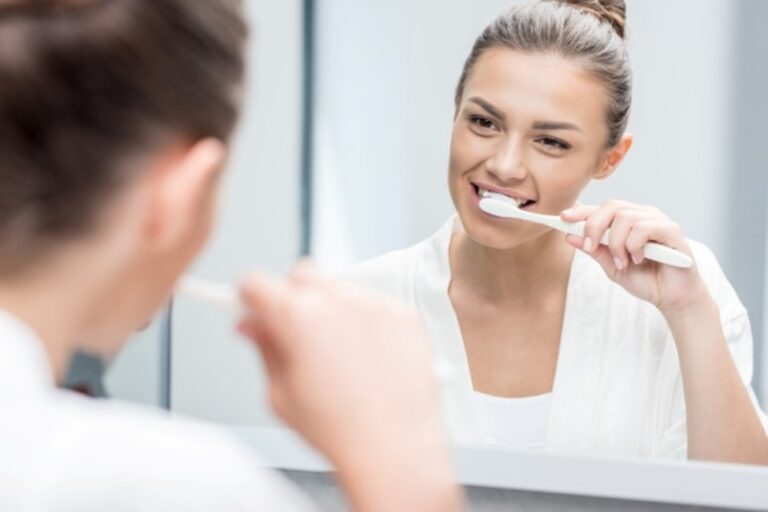Keeping your teeth healthy is about more than just having a bright smile. It’s about maintaining overall health and staying confident. Let’s explore five practical steps to keep your teeth in top shape, plus some essential advice on dentists and emergency dental care.
1. Brush Smart, Not Just Hard
Brushing your teeth twice a day is non-negotiable, but it’s how you do it that makes the difference. Use a soft-bristled toothbrush and fluoride toothpaste. Brush gently in circular motions for at least two minutes to clean every surface of your teeth. Overbrushing or brushing too hard can wear down your enamel, leading to sensitivity and gum recession.
Don’t forget to replace your toothbrush every 3-4 months or when the bristles fray. A clean, effective toothbrush ensures you’re removing plaque without damaging your teeth or gums. Take your time when brushing—it’s a small investment for long-term oral health.
2. You Can’t Skip Flossing
Many people skip flossing because it feels unnecessary or time-consuming, but it’s crucial. Flossing removes food particles and plaque that brushing alone can’t reach, especially between teeth. This step prevents cavities and reduces the risk of gum disease.
Make flossing a daily habit. If traditional floss is tricky for you, consider floss picks or water flossers. Your gums might feel sensitive at first, but consistency will make it easier over time, leaving your mouth feeling fresher and healthier.
3. Eat Your Way to Stronger Teeth
Your diet impacts your dental health more than you think. Foods rich in calcium, like milk, cheese, and leafy greens, help keep your teeth strong. Vitamin D aids calcium absorption, so pair your meals with sunlight or supplements if needed.

Cut back on sugary snacks and drinks. Sugar feeds harmful bacteria that create acids, weakening enamel and causing cavities. Instead, opt for crunchy fruits and vegetables like apples and carrots—they naturally clean your teeth and stimulate saliva production, which fights bacteria.
4. When Things Go Wrong Emergency Dental Services Can Help
Accidents happen, and knowing when to seek emergency dental care can save your teeth. If you knock out a tooth, have severe tooth pain, or experience bleeding that won’t stop, don’t delay. Professional emergency dental services are designed for situations like these.
Keep your dentist’s emergency contact handy and act quickly in dental crises. For instance, if a tooth gets knocked out, try placing it back in the socket or store it in milk while you rush to the dentist. Prompt action can make a huge difference.
5. Regular Visits to Your Dentist Are Non-Negotiable
No matter how well you care for your teeth, visiting your dentist regularly is essential. A professional cleaning every six months removes stubborn plaque and tartar that your toothbrush can’t handle. These visits also allow your dentist to catch potential issues early.
Your dentist isn’t just there to fix problems—they’re your partner in prevention. Don’t wait for pain to schedule an appointment. Open communication with your dentist can help you feel more at ease and stay proactive about your oral health.
Conclusion
Taking care of your teeth doesn’t have to be complicated. Brush gently, floss daily, eat wisely, and see your dentist regularly. And if an emergency strikes, don’t panic—emergency dental services are there to help. Healthy teeth are the foundation of a confident smile and a healthier you. Make these practices a part of your daily routine, and your teeth will thank you for a lifetime.

